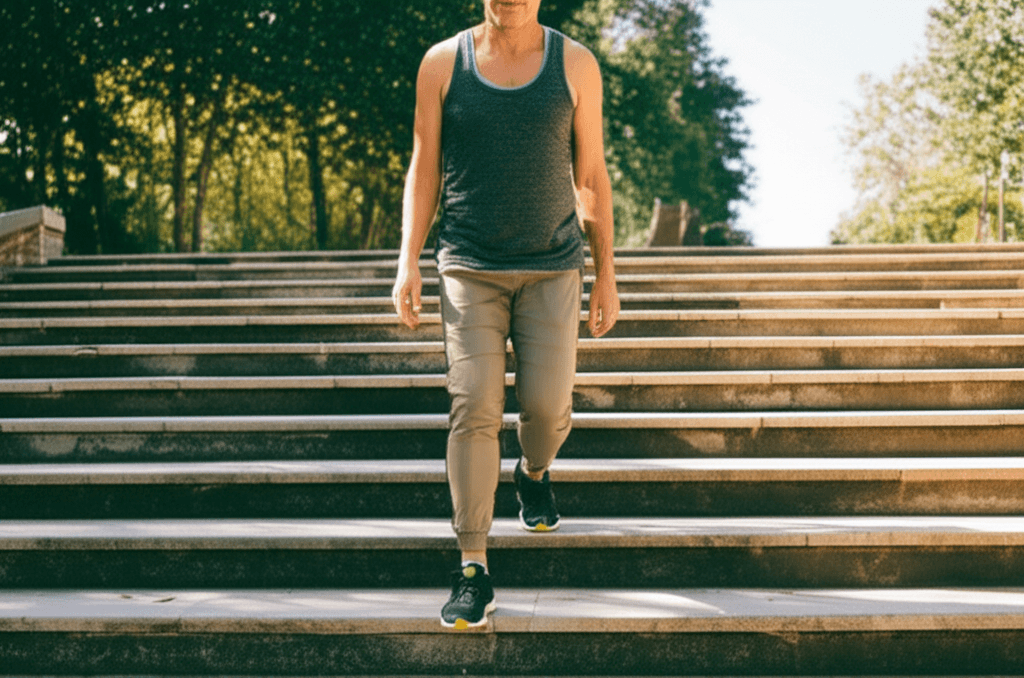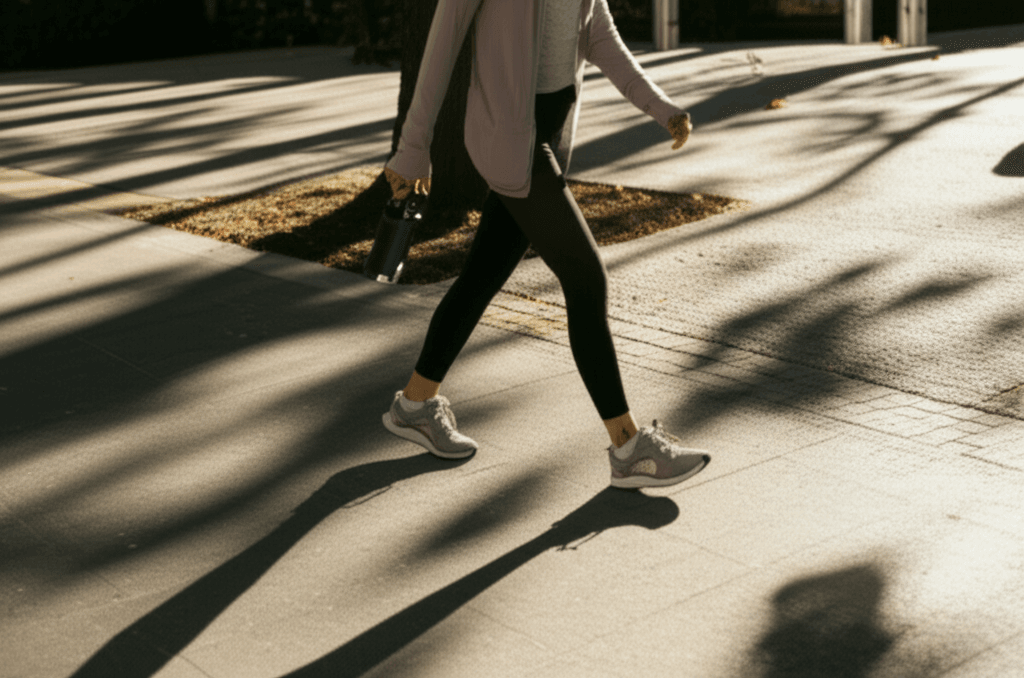London, UK – A recent trial has delivered surprising results, indicating that a mere 15 minutes of daily exercise can provide a greater boost to mental health than indulging in a luxurious wellness retreat. The study, overseen by Dr. Brendon Stubbs of King’s College London and commissioned by ASICS, suggests a simpler and more accessible path to improved mental well-being.

The Everyday Escape Trial: Unpacking the Findings
The “Everyday Escape” trial tracked participants from the UK, US, and Australia, all of whom had previously attended a wellness holiday within the last year. Researchers asked these individuals to incorporate a 15-minute movement break into their daily routine for a single week.
The findings revealed a significant uplift in mental well-being. Participants reported a 21% improvement in their mental state, surpassing the benefits they had gained from their expensive retreats. Furthermore, 71% of participants found daily movement more effective at reducing stress, while 65% reported it to be more mood-enhancing. A striking 73% experienced longer-lasting mental health benefits from the short daily exercise breaks compared to their wellness holidays.
Dr. Brendon Stubbs on the Impact of Short Movement Breaks
Dr. Brendon Stubbs, a leading researcher in exercise and mental health, highlighted the profound impact of these brief activity sessions. “It’s incredible to see the impact 15 minutes of movement can have on mental wellbeing,” Stubbs stated. “The Everyday Escape trial shows that small movement breaks can boost mood and reduce stress more effectively than a wellness holiday.” He added that all participants expressed an intention to continue their movement breaks, with 81% prioritizing daily movement for their well-being over future retreats, emphasizing that while a week away offers a short-term boost, exercise delivers long-term benefits.

The Drawbacks of Traditional Wellness Retreats
The trial also shed light on the efficacy and perception of traditional wellness retreats. A global survey of 11,000 people who had attended such retreats, also conducted by ASICS, revealed that while people travel an average of 1,920 km for these holidays, they often fail to deliver on expectations. Two-thirds (67%) reported that their wellness holiday did not meet all expectations, and an equal number stated that any perceived wellness benefits faded shortly after returning home. For some, the travel and cost even added to their stress levels. In the UK alone, surveyed individuals traveled over 1,500km on average for their wellness holidays, yet 63% said these trips failed to meet all expectations, with 72% reporting that benefits quickly faded.

The Accessibility and Effectiveness of Daily Movement
The campaign, supported by actor, writer, and wellness advocate Natasha Rothwell as the “Everyday Escape Concierge,” aims to demonstrate that true wellness doesn’t require significant financial outlay or extensive travel. Rothwell emphasized that an “Everyday Escape” can be as simple as a walk, a stretch, or dancing in the kitchen, making it free, simple, and accessible to everyone. “Wellness shouldn’t be a luxury. It should be something we can all access, every day,” she noted.
Broader Implications for Mental Health Strategies
These findings underscore a growing body of research advocating for the mental health benefits of regular physical activity, even in short bursts. Exercise is known to reduce cortisol levels (stress hormones) and trigger the release of endorphins, acting as natural painkillers and mood enhancers. Studies consistently show that physical activity can significantly reduce feelings of stress and anxiety and lessen the severity of depressive symptoms.
Even small amounts of exercise have been shown to make a difference. A meta-analysis found that performing half the recommended volume of exercise lowered the risk of depression by 18% compared to sedentary individuals. Regular activity also boosts self-esteem, improves sleep, and sharpens memory and thinking.
For individuals struggling with mental health challenges, physical activity can be as effective as antidepressant medication or psychological treatments like cognitive behavioral therapy for mild-to-moderate depression. It can also serve as a valuable complement to other treatment options.

Making Movement a Daily Priority
The trial’s results serve as a powerful reminder that integrating short, consistent periods of movement into daily life can be a highly effective and cost-efficient strategy for enhancing mental well-being. This accessible approach contrasts sharply with the often expensive and short-lived benefits of luxury wellness retreats, championing a more sustainable path to a happier and healthier mind.







